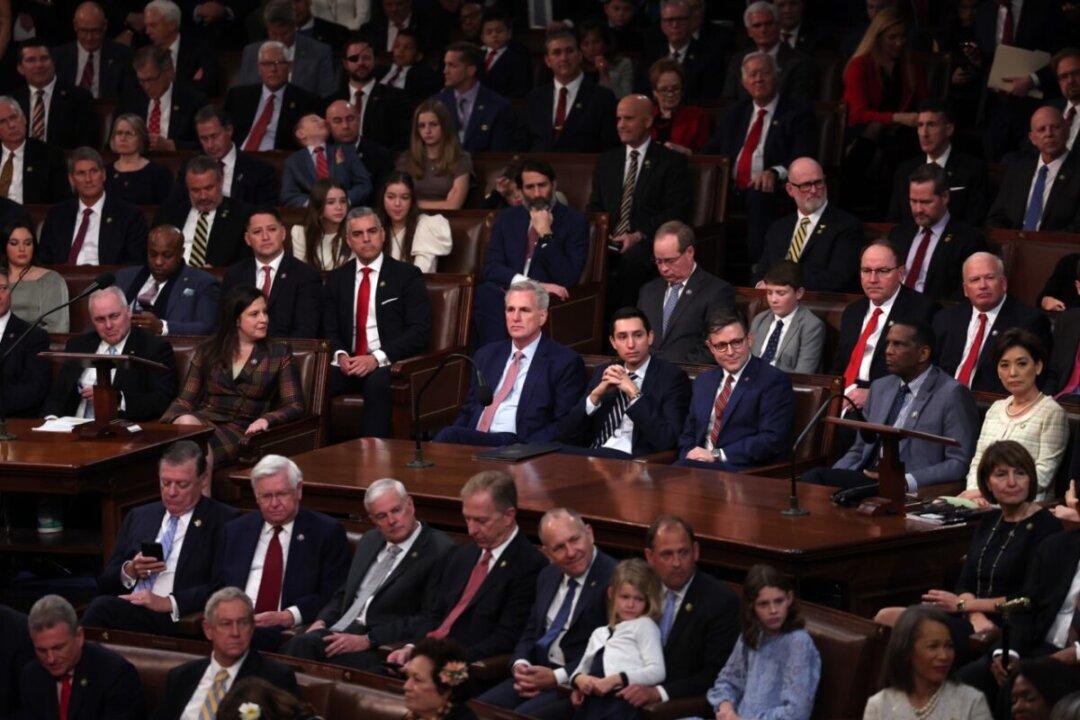Members of U.S. Congress should not get paid unless the debt limit crisis has been raised, said Rep. Abigail Spanberger (D-Va.), as the Democratic end of the aisle remains resolute in their stance of non-compromise while GOP lawmakers are firm in their requirement for responsible fiscal spending.
“As we quickly approach a default, Congress is failing to protect seniors, servicemembers, Veterans, and all Americans who would be impacted by a default. As such, I request that you prepare to withhold U.S. Member of Congress pay until Congress has lifted the debt ceiling,” said Spanberger in her May 12 letter to the U.S. House’s Office of the Chief Administrative Officer (CAO) Catherine Szpindor.





